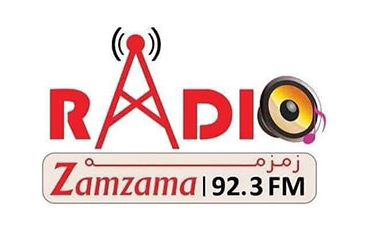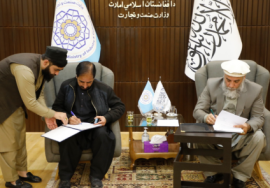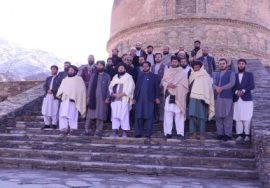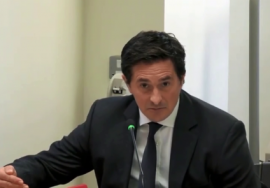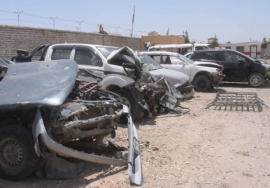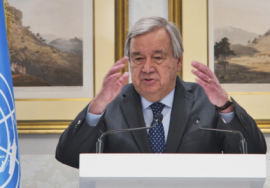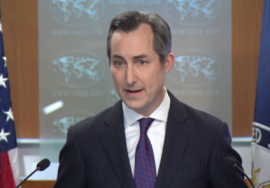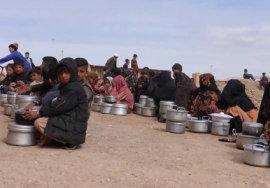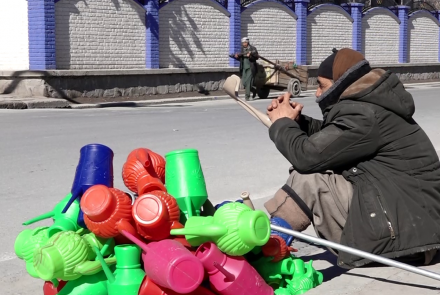
UNSG: Half of Afghanistan Population Will Require Aid in 2024
The UN has said that more than half of Afghanistan’s population will require aid this year.
The UN secretary-general Antonio Guterres said that the UN humanitarian response plan for Afghanistan has received less than 3% of the funds needed.
“Many Afghans are destitute, struggling to feed themselves, living without access to education, healthcare or employment,” the UN chief wrote on X.
“We want that this aid that is being spent to be used appropriately in a way to benefit Afghanistan and become an economic source for the families and people of Afghanistan,” said Zabiullah Mujahid, the spokesman of the Islamic Emirate.
The Ministry of Economy of the Islamic Emirate said the imposed sanctions on the government, the stopping of foreign aid and years of drought have led to an increase in poverty in the country.
“Focusing on job creation programs and supporting the home-based economy in different sectors can be economically effective for the gradual reduction of poverty and the fight against food insecurity,” said Abdul Rahman Habib, the spokesperson for the Islamic Emirate.
The poverty in Afghanistan has not only hit those with no jobs but also the disabled who have not been paid their salaries.
“They gave us our six month salary but another six months, which is 18,000 Afs, remains upaid. We want the Islamic Emirate to pay our salaries because we don’t have anything for our life,” said Abdul Wodod, a needy person.
Other Afghans are calling on the Islamic Emirate and other donors to provide employment opportunities for them.
“I was collecting bags from the shops to burn because we have nothing to heat our houses. I burned my jumpers last night to heat the house for our kids,” said Sayed Agha, a Kabul resident.
“We want them to provide employment opportunities so that we can pay for our families’ expenses,” said Abdul Manan, a Kabul resident.
Earlier, Reuters reported that the World Bank had decided to deploy $300 million from the bank’s International Development Association.
According to the report, the funds would remain outside the control of the “Taliban” leadership in Afghanistan and would complement Afghanistan Resilience Trust Fund (ARTF) donor financing in supporting critical basic services such as food, water, health, education and jobs.
